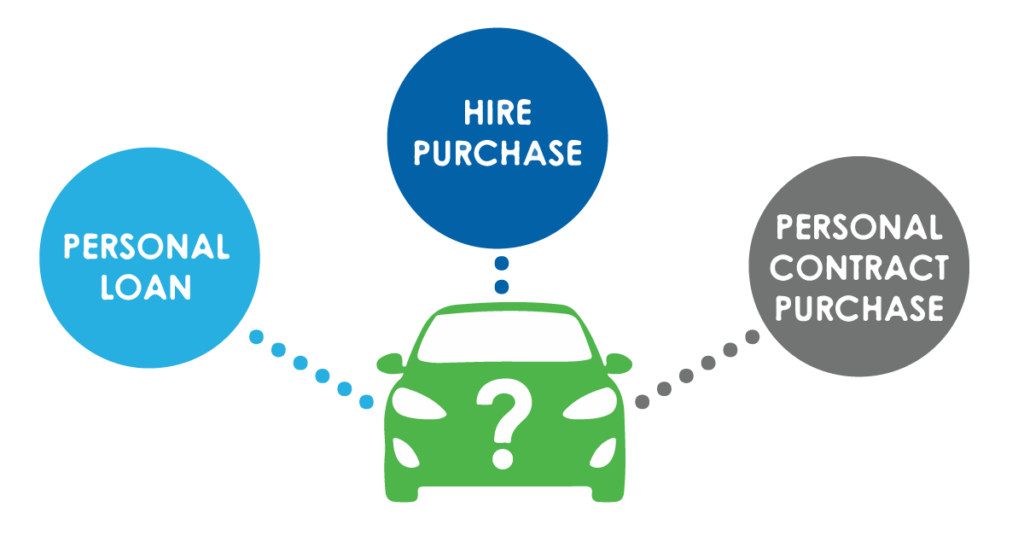Tips to consider when buying/purchasing a vehicle
Buying a vehicle is a significant decision that requires careful thought. Whether you’re planning to buy a brand-new car or a reliable used one, there are several essential factors to keep in mind. A car isn’t just a tool for transportation; it’s an investment that impacts your daily life. Here are some tips to consider when buying/purchasing a vehicle.
Determine Your Budget
The first step in buying a vehicle is setting a budget. Knowing how much you can afford will help you avoid overspending. A clear budget allows you to focus on vehicles within your price range and prevents financial stress down the road. When creating your budget, include not only the upfront costs like the car’s price, taxes, and registration fees but also ongoing expenses such as gas, insurance, and maintenance. If you plan to finance your purchase, factor in monthly loan payments, ensuring they don’t exceed 15% of your monthly income. This careful planning will make the process smoother and more enjoyable.

Decide Between New and Used
One major choice you’ll need to make is whether to buy a new or used car. New cars come with the advantage of warranties, the latest features, and less likelihood of needing repairs in the first few years. However, they tend to cost more upfront and depreciate quickly. On the other hand, used cars are more affordable and hold their value better over time, but they may require more maintenance. Deciding which option suits you depends on your needs, budget, and comfort level with potential repairs.

Research Different Models
Before making a decision, take time to research various car models. Think about what features matter most to you. For instance, if you have a long commute, a fuel-efficient car might be your best choice. If safety is your top priority, look for vehicles with advanced safety features such as airbags and backup cameras. Reading reviews and expert opinions can also give you valuable insights into which models offer the best value for your money. Comparing models will help you narrow down your options to the ones that truly meet your requirements.
Check the Vehicle’s History (If Buying Used)
If you’re considering a used car, it’s essential to review its history. A vehicle history report can reveal crucial details, such as whether the car has been in accidents, has a salvage title, or underwent major repairs. This information helps you assess the car’s condition and reliability. Websites like Carfax or AutoCheck can provide these reports for a small fee, offering peace of mind before you finalize your purchase.

Take a Test Drive
A test drive is a vital part of the car-buying process. It allows you to experience how the vehicle performs and whether it feels comfortable. During the drive, pay attention to factors such as seating comfort, legroom, and ease of handling. Test the car in different conditions, like highways and city streets, to ensure it meets your expectations. Additionally, check the functionality of features such as the air conditioning, sound system, and lights. A thorough test drive can prevent unpleasant surprises after you’ve bought the car.
Understand Financing Options
If you’re not paying cash, understanding your financing options is crucial. Shop around for the best interest rates and loan terms to save money over time. Your credit score plays a significant role in determining the rates you’ll be offered, so check it beforehand. A higher credit score can help you secure lower interest rates, making the car more affordable in the long run. If possible, consider paying a larger down payment to reduce the overall loan amount and monthly payments.

Evaluate Insurance Costs
Car insurance is another expense to consider when buying a vehicle. Insurance premiums depend on factors like your age, driving history, and the car’s make and model. Before making your purchase, get insurance quotes for the specific car you’re considering. This ensures that the overall cost of owning the vehicle fits within your budget. Comparing quotes from different providers can also help you find the best deal.
Inspect the Car’s Condition
Whether you’re buying new or used, inspecting the car’s condition is essential. For used cars, carefully examine the exterior for scratches, dents, or rust, and check the interior for stains, odors, and wear. The engine should be clean and free of leaks, and the tires and brakes should be in good condition. Even for new cars, it’s wise to double-check that everything is in perfect shape before signing the paperwork. Taking these steps ensures you’re getting a car that meets your expectations.
Negotiate the Price
Negotiation is a key part of buying a car, especially from a dealership. Research the market value of the vehicle you want to buy, so you know what a fair price looks like. Use this information to negotiate with the seller, whether it’s a dealer or a private owner. Being prepared and confident during negotiations can save you a significant amount of money.
Read the Contract Carefully
Before finalizing the purchase, take the time to read the contract thoroughly. Make sure you understand all the terms, including warranties, financing details, and return policies. If there’s anything unclear, don’t hesitate to ask questions. Signing a contract is a big commitment, so it’s essential to be fully informed before you proceed.
Conclusion
Purchasing a vehicle is an exciting milestone, but it’s also a decision that requires careful consideration. By taking the time to evaluate your budget, research options, and inspect the vehicle thoroughly, you can make a choice that meets your needs and brings long-term satisfaction. Remember, a well-informed buyer is a confident buyer. Enjoy the process, and happy car hunting!



Leave a Comment